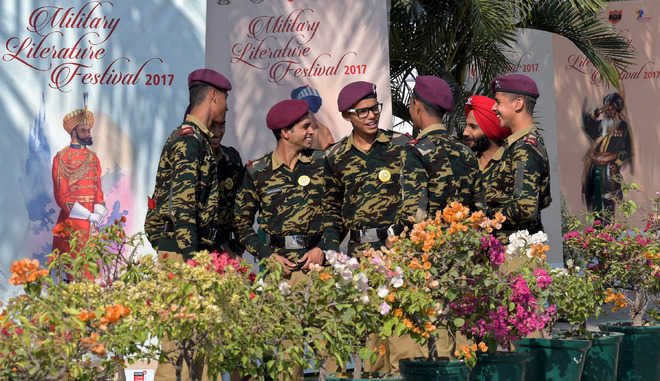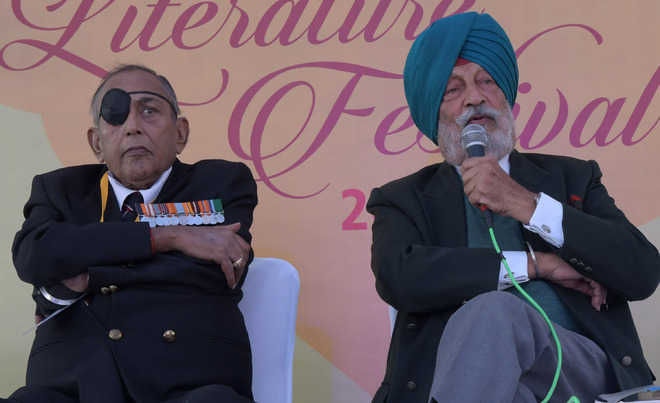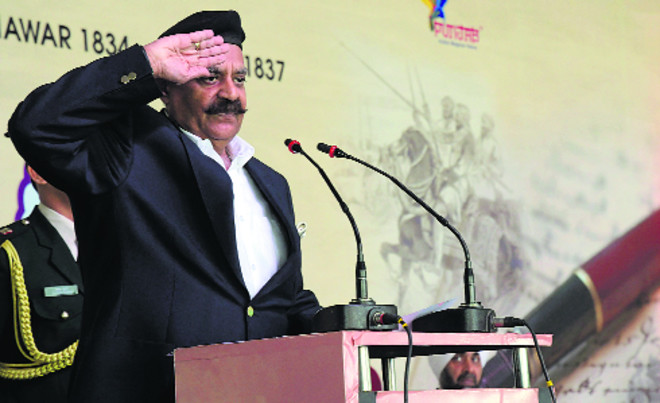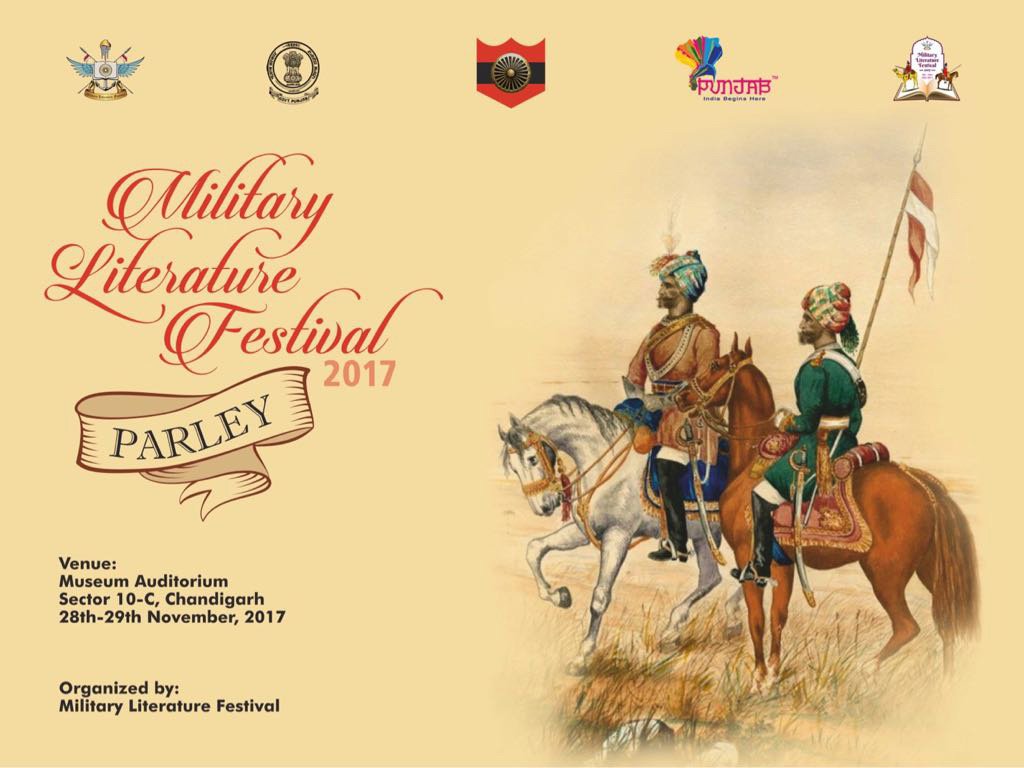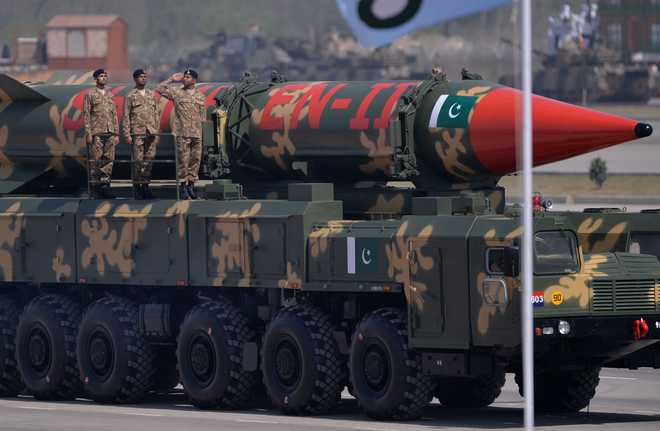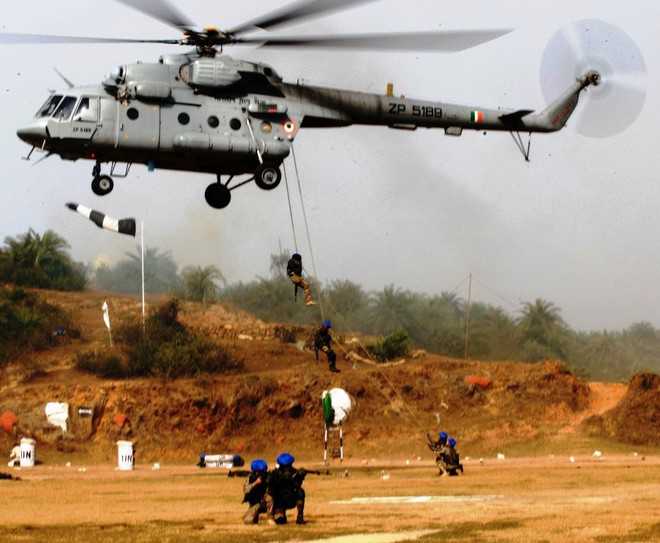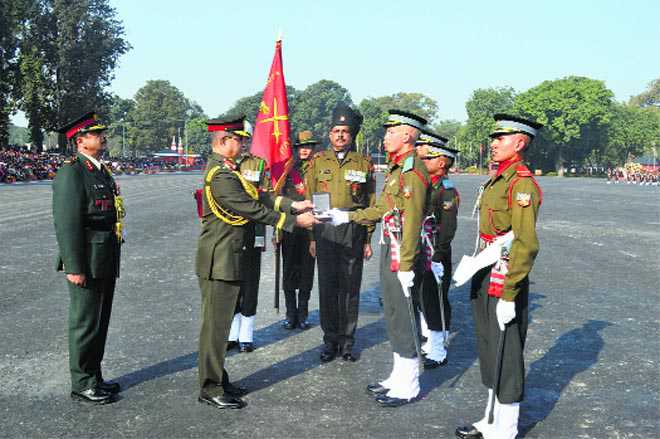
Bangladesh Army Chief Gen Abu Belal Muhammad Shafiul Huq presents an award to a winner at the Indian Military Academy in Dehradun on Saturday. Tribune photo
Tribune News Service
Dehradun, December 9
Bangladesh Army Chief Gen Abu Belal Muhammad Shafiul Huq has hoped for an amicable solution to the Rohingya refugee crisis, asserting that his country has good relations with Myanmar.“Yes there is an issue, which we will resolve amicably”, he told journalists when asked about the Rohingyas refugee influx. Gen Belal was interacting with the mediapersons on the sidelines of the passing-out parade at the Indian Military Academy, Dehradun, which he attended in the capacity of a Reviewing Officer today.The Bangladeshi General’s statement comes at a time when a large population of Rohingya Muslims from Myanmar have taken refuge in Bangladesh. He said it was a special day for both India and Bangladesh as he had been given the honour of reviewing the IMA’s passing-out parade and said the two nations shared strong ties and had even gone for joint military exercises in the past.The Bangladesh Army Chief also held that the his country had a zero tolerance policy towards terrorism reaffirming his country’s commitment to fighting terrorism. Earlier, addressing the Gentlemen Cadets at the Drill Square in front of the Chetwode building, the Bangladesh Army Chief expressed his gratitude to the Indian Army men for their role in the 1971 Bangladesh war of liberation. He said Indian Army officers and soldiers worked shoulder to shoulder with freedom fighters for the liberation of Bangladesh. He also remembered Bangabandhu Sheikh Mujibur Rahman, who led the movement for the liberation of Bangladesh. He said both India and Bangladesh not only shared borders but kept long cultural and historical ties and described his presence at the parade as a momentous occasion for both countries.





















































